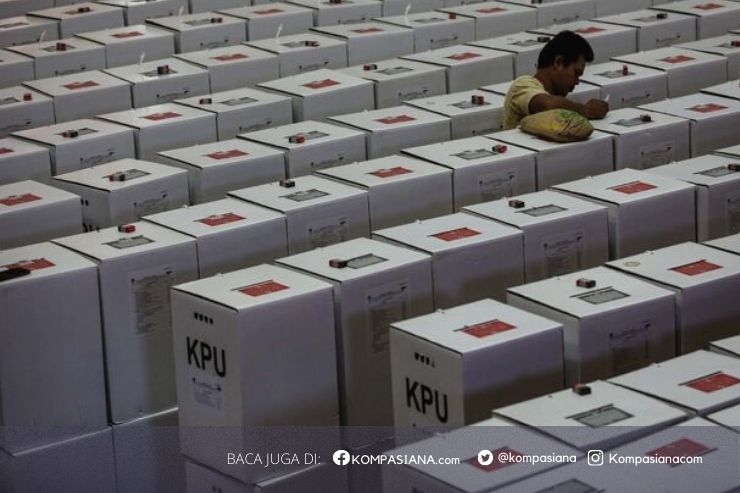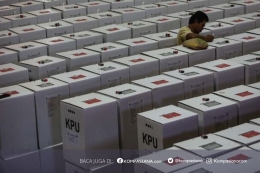In addition, Ferraris et al. (2019) explore how ambidextrous HR management systems can drive innovation in smart cities. Their research underscores the importance of HR practices that balance exploration and exploitation to meet the demands of global urban competitiveness (Link). Finally, the significance of HR in attracting multinational corporations is evident in studies such as that of Belderbos et al. (2017), which links HR capabilities to the location choices of regional headquarters.
Current Challenges Faced By Jakarta In Becoming A Global City
Jakarta's aspiration to become a global city is hindered by numerous challenges, including environmental, infrastructural, and social issues. Setiadi et al. (2020) emphasize Jakarta's vulnerability to sea-level rise and inadequate urban planning in addressing climate resilience (Setiadi et al., 2020). Rapid urbanization and weak governance exacerbate the city's inability to manage population pressures and infrastructural demands (Indraprahasta, 2019). This highlights the pressing need for adaptive governance frameworks (Indraprahasta, 2019).
Salim and Firman (2012) argue that the lack of integrated regional governance further complicates Jakarta's transition to global city status, with overlapping jurisdictions and inconsistent policy implementations creating inefficiencies (Salim & Firman, 2012). Similarly, Martinez and Masron (2020) highlight the socio-spatial inequalities and unplanned urban expansion that have limited Jakarta's global competitiveness (Martinez & Masron, 2020).
Moreover, the city's environmental issues, such as frequent flooding, remain critical. Silver (2016) notes that Jakarta's urban resilience strategies fail to address these recurring challenges effectively, which hinders its global positioning (Silver, 2016)
The Need For Globally Competitive HR As A Foundational Pillar For Urban Transformation.
Globally competitive human resources (HR) are indispensable for driving urban transformation, as cities compete for talent and investment in a globalized economy. Ahsan (2022) underscores that effective HR practices are central to enhancing global competitiveness, aligning workforce skills with urban governance needs (Ahsan, 2022). Furthermore, Polozova et al. (2021) emphasize that digitalization and labor productivity are critical to bridging economic gaps and fostering a competitive workforce (Polozova et al., 2021).
Urban development in global hubs like Dubai and Abu Dhabi reveals how strategic HR policies facilitate knowledge mobility and position cities as global talent hubs. Ewers (2017) highlights the importance of integrating local and international HR strategies to sustain urban competitiveness (Ewers, 2017). Similarly, Ortega (2016) points out that urban renewal projects in the Global South hinge on cultivating a skilled workforce to meet neoliberal market demands (Ortega, 2016).
Moreover, Kong et al. (2013) demonstrate that HR policies fostering knowledge and innovation significantly enhance a city's global standing, citing Indian IT professionals as a model for developing globally competitive capabilities (Kong et al., 2013). These findings collectively highlight the transformative role of HR in urban contexts.
1.2 PROBLEM STATEMENT:
The Gap Between Jakarta's Current HR Capabilities And The Standards Required For Global Competitiveness







